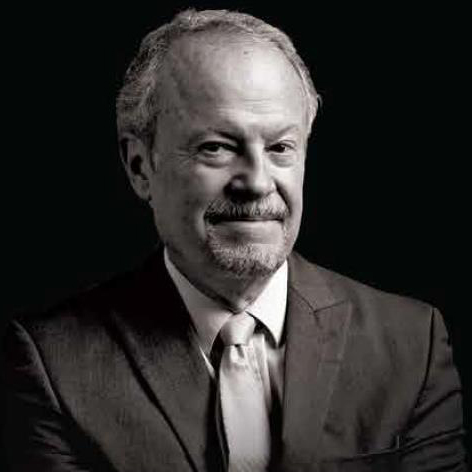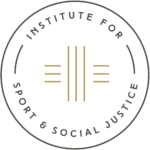Battling Mental Health in a World where Human Trafficking Enslaves more than 30 Million People

Dr. Richard Lapchick
The Olympics captured the world’s attention for the last two weeks. These Olympic games have shined a light on the importance of mental health for these high caliber athletes. Simone Biles and Naomi Osaka have been at the forefront of the conversation with the unprecedented circumstances of their competition. It is important for people to know that just because an athlete has won medals and has a history of dominating the competition, that their mental health must be just as strong as their physical well-being. By publicly confronting these challenges, Osaka, Biles and others created an open narrative about the importance of mental health for athletes. The focus must now continue on teams, leagues and other sports competition.
While these conversations are imperative, it is also important to look at the human trafficking our country and the global community are still facing. It is imperative that we continue to not only fight for these communities but for those who may not be able to help themselves. This would include the children and women who have been taken into human trafficking. Racial justice was an issue our Olympic athletes raised with their demonstrations in Tokyo; we should realize the way trafficking aligns with racial injustice. All the systemic discrimination related to homelessness, mass incarceration, the lack of equal access to jobs and education that Black communities and immigrant communities face means that they are also disproportionately victimized by trafficking. And that make them more likely to be arrested and potentially abused by police. They are often treated as criminals instead of being offered community services.
The fight against human trafficking deserves more attentions as the second largest illegal activity in the world with a net annual revenue of $150 billion. At the end of this post, you will see the 47 places in the US where it was reported just in July 2021.
There were 689 individuals arrested, suspected, or charged with human trafficking activities in the United States in July as well as 80 victims removed from entrapped trafficking, including 57 who were minors. There were 12 new laws passed and 37 community initiatives that took place.
Internationally in July, there were 372 individuals arrested, suspected, or charged with human trafficking activity. There were 51 victims removed from entrapped trafficking, including 49 minors. There were two new laws passed and four new community initiatives.
What can you do? Learn more about the issue by reading. Volunteer for a local anti-human trafficking organization. Donate resources if you can. Most importantly, if you know someone who is a victim or see a suspicious incident that may involve someone being trafficked, call the
National Human Trafficking Hotline
1-888-373-7888.
Below, I have listed the 47 US cities where human trafficking was reported in July 2021:
Akron, Ohio
Amarillo, Texas
Aurora, Colorado
Beltrami County, Minnesota
Bossier City, Louisiana
Boston, Massachusetts
Dayton, Ohio
Dougherty County, Georgia
Fayetteville, Arkansas
Genesee County, Michigan
Grayson County, Texas
Greenbelt, Maryland
Harrisburg, Pennsylvania
Homewood, Alabama
Homewood, Wisconsin
Kansas City, Missouri
Kenosha, Wisconsin
Lawrenceville, Georgia
Lee County, Alabama
Lee County, Mississippi
Lincoln, Nebraska
Los Angeles, California
Martinsburg, West Virginia
McKenny, Virginia
Menominee, Michigan
Montezuma, Iowa
Montgomery, Alabama
Murfreesboro, Tennessee
Myrtle Beach, South Carolina
Oak Creek, Wisconsin
Ogden, Utah
Orange Park, Florida
Ozark, Alabama
Phoenix, Arizona
Pierce County, Washington
Pittsburgh, Pennsylvania
Reading, Pennsylvania
Salt Lake City, Utah
San Jose, California
Santa Barbara, California
Sheboygan, Wisconsin
Southeast, Minnesota
Strongsville, Ohio
Tallahassee, Florida
Victoria, Texas
Visalia, California
Warren, Michigan
